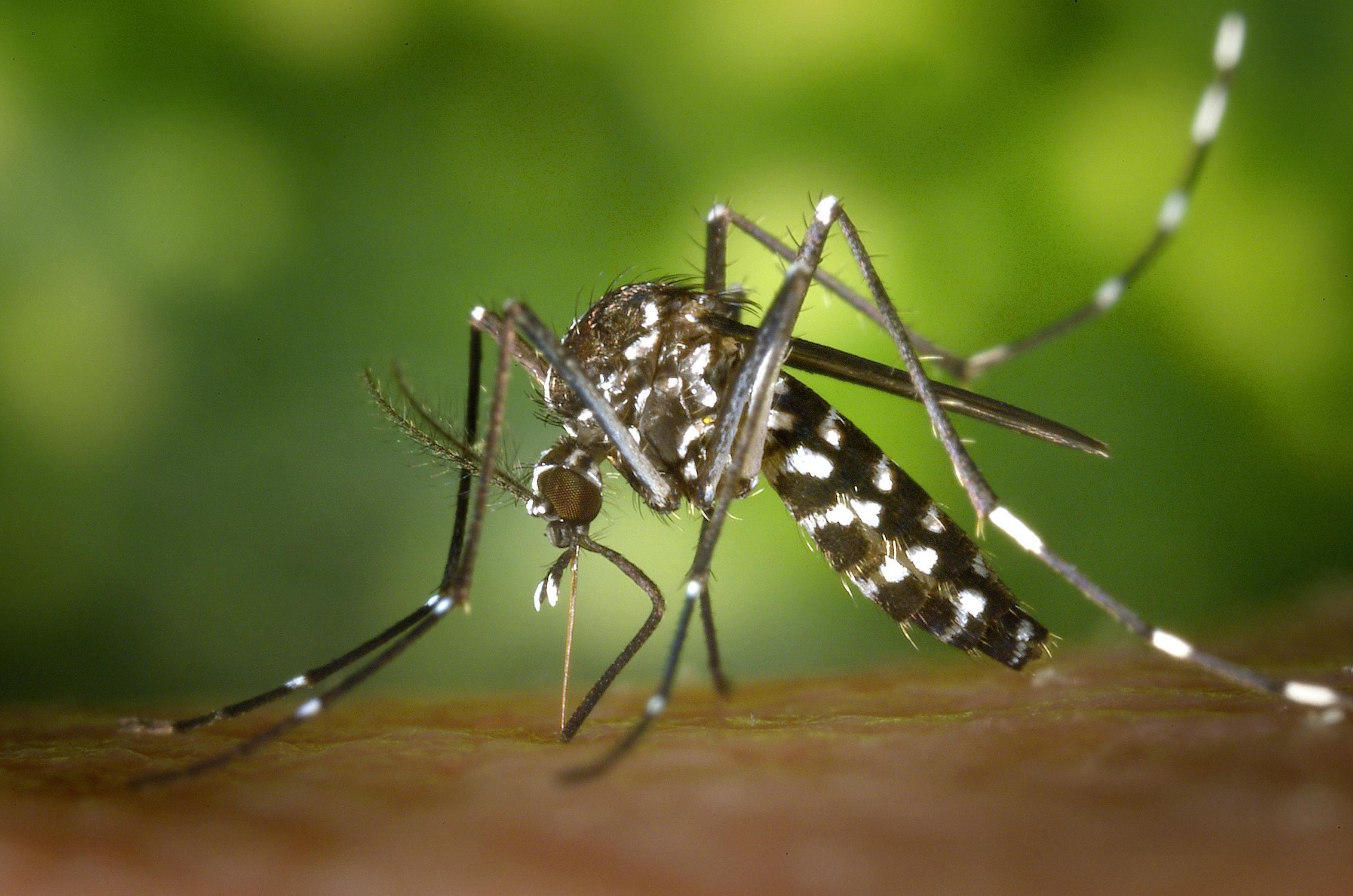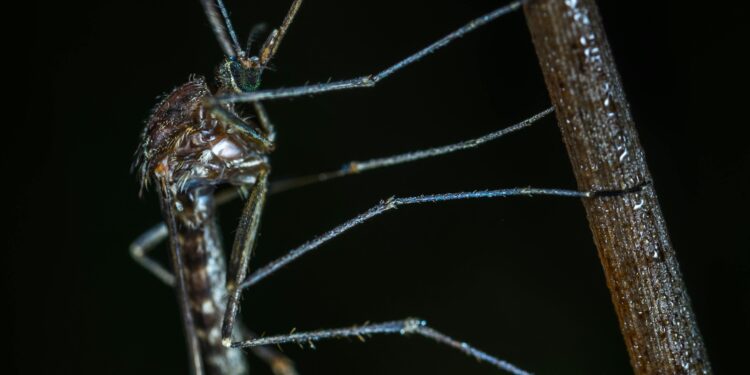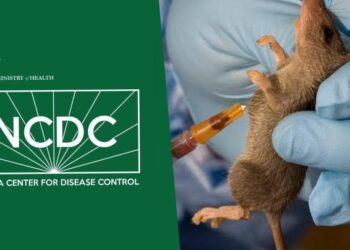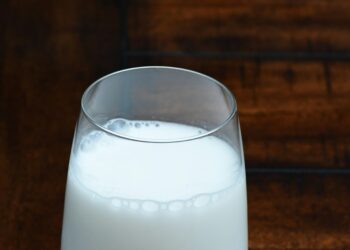For a long time, people believed that only female mosquitoes bite and suck blood, because they need the nutrients from the blood to lay eggs. Male mosquitoes were thought to feed on nectar and whatever plant juices they could find. They were practically harmless to humans and animals.
But everything changed with a recent science discovery. Scientists have discovered something rather surprising: in certain situations, male mosquitoes can also drink blood. This new finding is changing what we know about mosquitoes and their behavior.

The Role of Blood in Mosquito Reproduction
Many people wonder why mosquitoes bite and suck blood. That’s because female mosquitoes need blood to reproduce. Blood has nutrients that cannot be obtained anywhere else. These eggs need nutrients such as protein and iron to develop.
A female mosquito sucks blood, not to feed for her own energy, but to collect as many nutrients as possible for her eggs. The blood allows her to lay a batch of healthy eggs, which she will then release into stagnant water where they can hatch.
Without a blood meal, the female mosquito’s body wouldn’t be able to produce viable eggs, that’s why female mosquitoes are aggressive when seeking for blood sources.
Male Mosquitoes and Blood Meals
Male mosquitoes generally avoid drinking blood because they don’t need to survive on it. They get their energy from sweet substances, such as flower nectar. However, a new study has discovered that certain uncommon situations can cause these mosquitoes to seek blood as a source of food.
One important component is the environment. Sometimes the weather can be excessively dry. When the weather is extremely dry, it can have low humidity. Male mosquitoes have trouble finding enough moisture in air with low humidity or from their usual plant source. The nectar they rely on may not be available or it may not provide the hydration they need in such a dry condition. In these cases, they might turn to blood as a last resort to stay hydrated and keep themselves alive.
Another trigger is a lack of food sources. As mentioned earlier, male mosquitoes need sugar to grow their bodies and they usually get it from plants. If there aren’t enough flowers or sugary plants around, they might be forced to seek out another source of nutrients, leaving them to find a blood meal. Even though this behavior is rare, it shows that they can adapt when they are desperate for food or water.
You might wonder how this might be a problem. It is a problem because it might change how we think about the spread of diseases. Normally, female mosquitoes are the ones who bite and spread diseases like malaria, zika, and dengue fever because they feed on blood regularly. While male mosquitoes don’t usually bite, the fact that they can under extreme conditions suggests that they might have the ability to carry and pass diseases, even if it is less likely.
If male mosquitoes start feeding on blood more frequently like the female mosquitoes because of environmental changes, this can impact how diseases spread. In other words, if male mosquitoes can’t find enough food or water, they might start biting humans and animals to survive. This rare behavior could cause an increasing risk of disease spread. Even though male mosquitoes are not typically disease carriers.
Scientific Research
The study found that male mosquitoes of a type called Culex quinquefasciatus can sometimes drink blood when certain conditions are right. Scientists watched this by giving mosquitoes blood-soaked cotton and other fake blood sources to see if they would feed. Even though sugar was available, the males still drank a small amount of blood; about 0.5 microliters (a tiny drop).
However, drinking blood isn’t good for male mosquitoes. It makes them less likely to survive, which means they don’t live as long when they feed on blood. If male mosquitoes behave differently or have shorter lifespans, it could impact how they pass diseases to humans.
Bottom Line
Male mosquitoes typically feed on nectar and plant juices because that’s what keeps them alive and healthy. In rare situations, like extreme dryness, lack of sugar plants, or very humid conditions, male mosquitoes might turn to blood to stay alive. They do this as a last resort to get some moisture or nutrients they can’t find elsewhere.
However, even though male mosquitoes can feed on blood in tough conditions, it doesn’t actually help them thrive in the long term. The blood might give them some temporary hydration or energy, but it’s not a good match for their bodies. Unlike females, male mosquitoes are not adapted to digest blood properly, and it can have negative effects on their health.

















